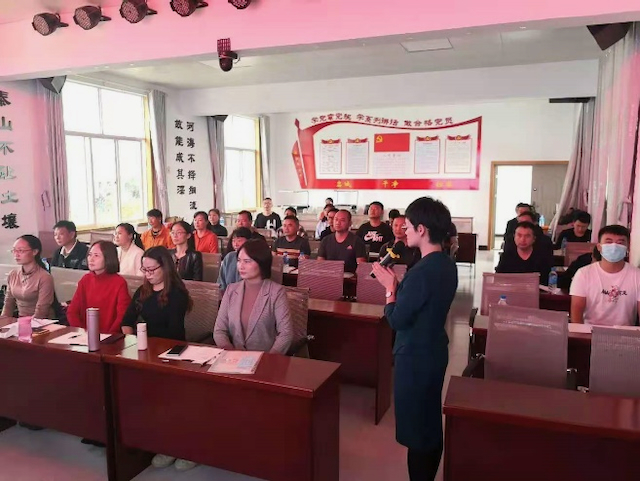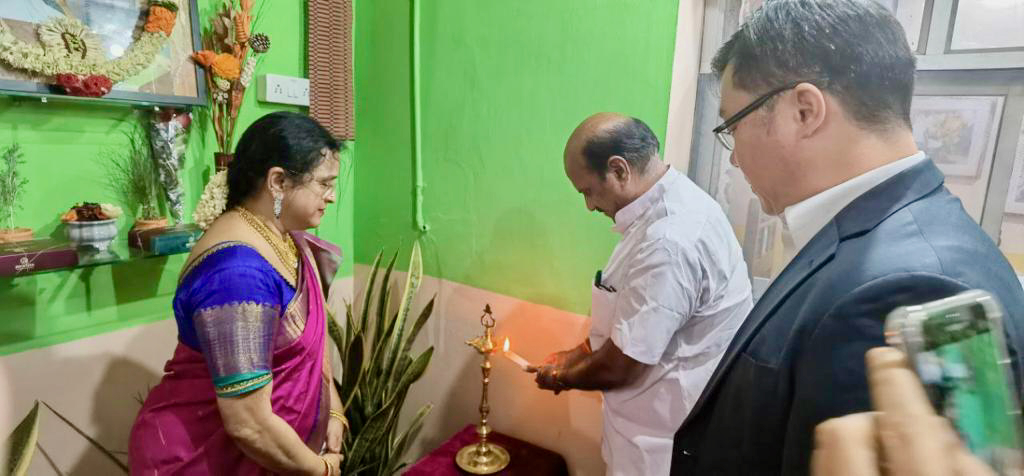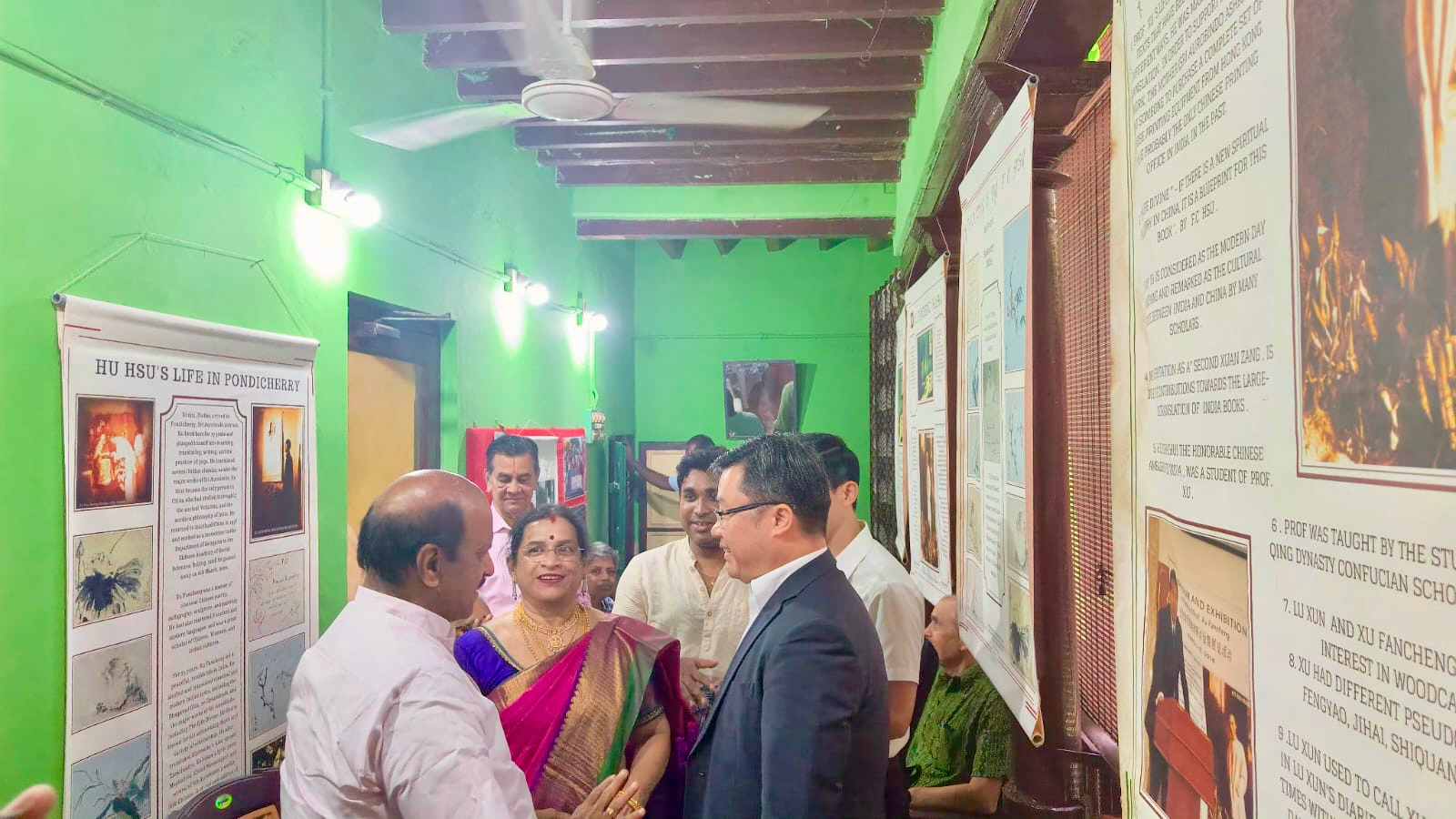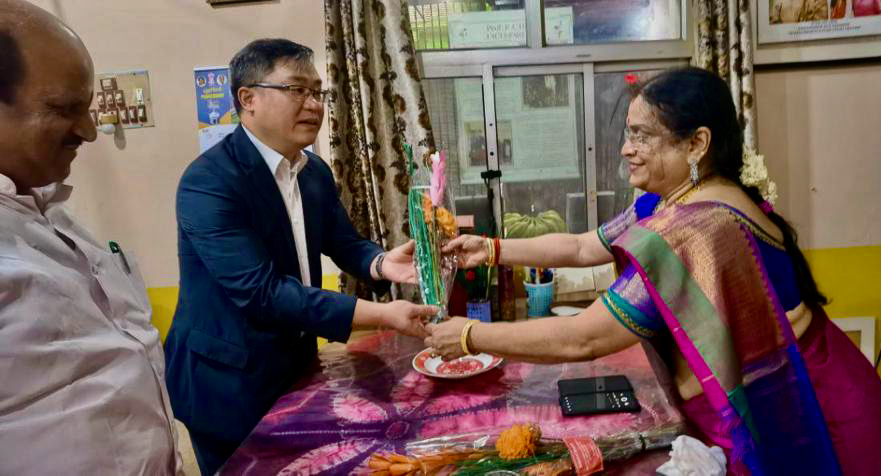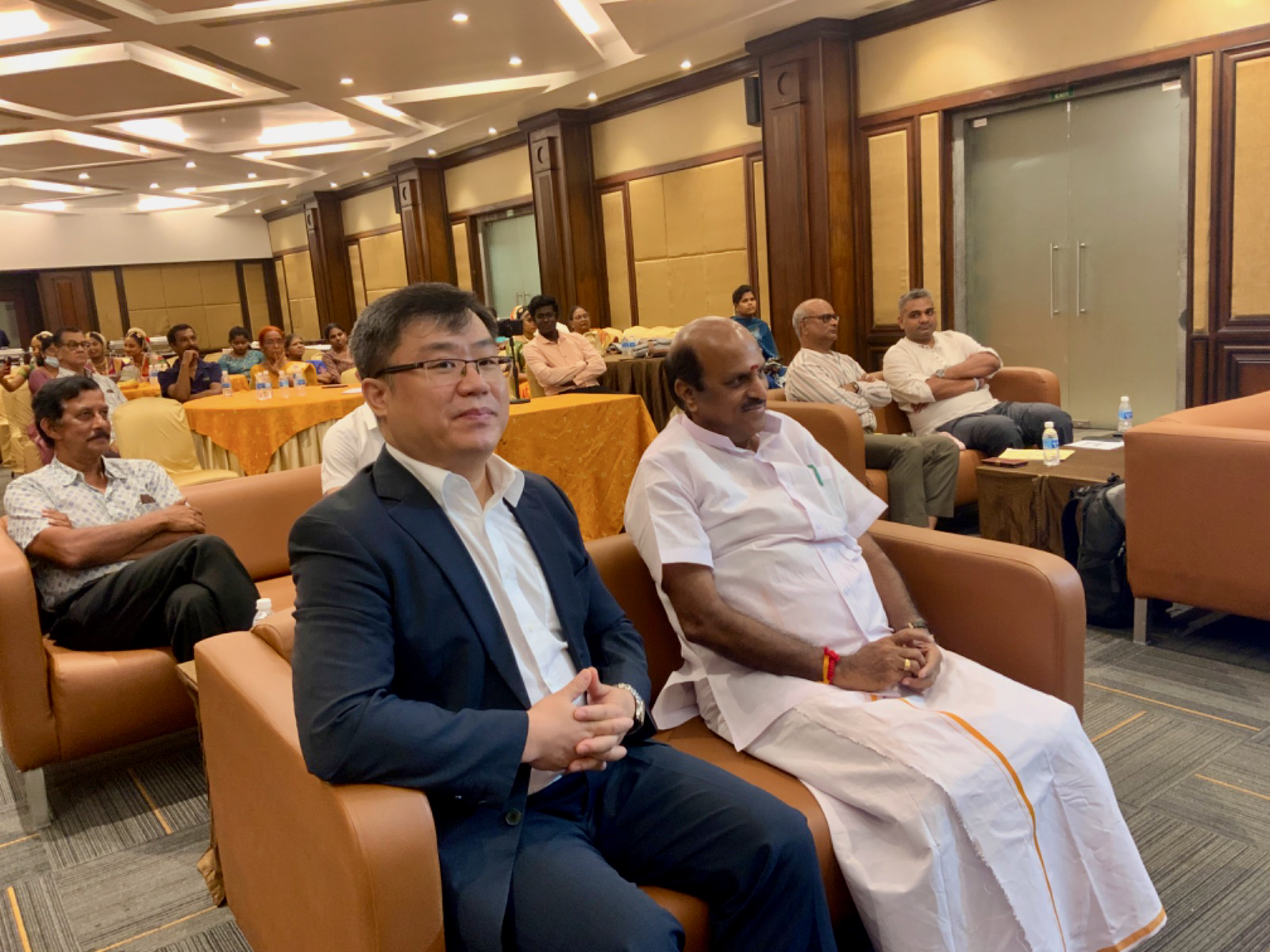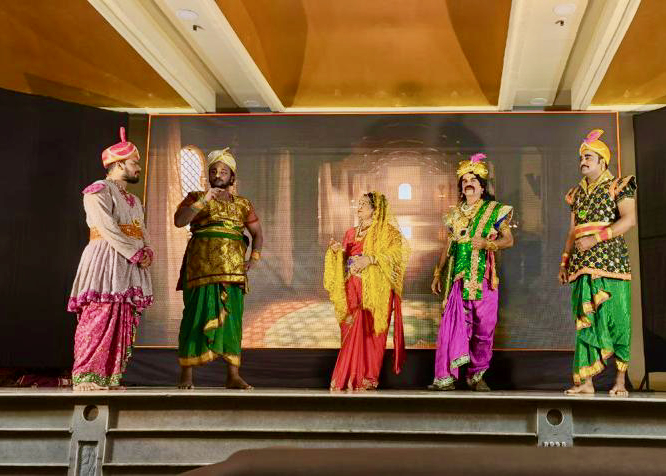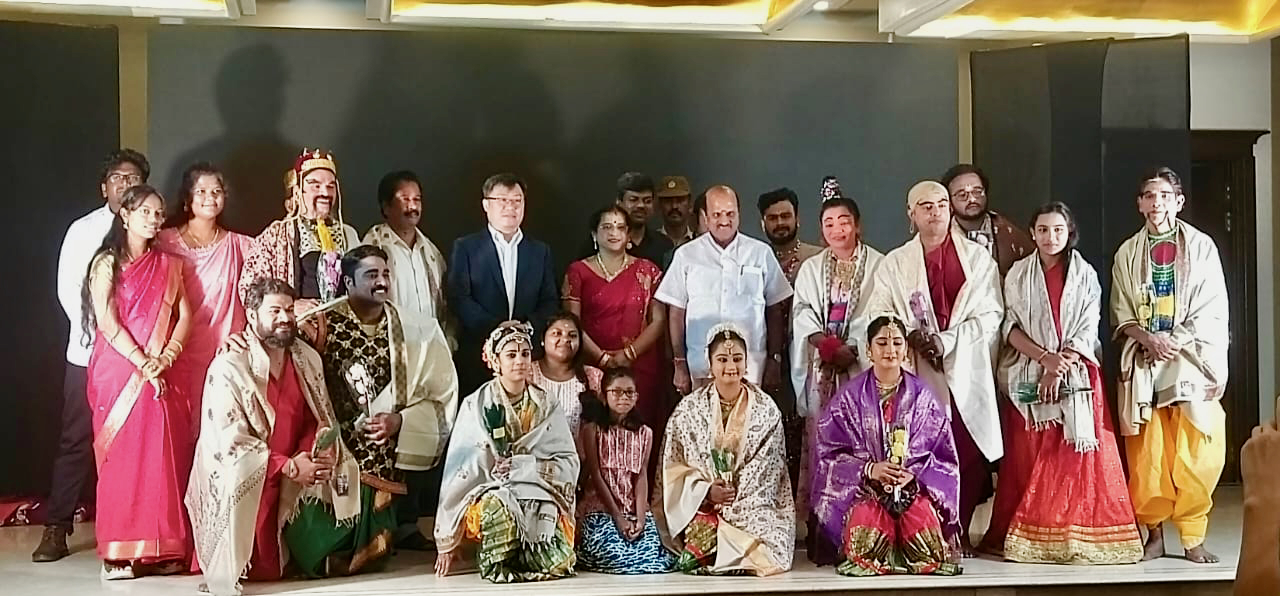Forum India-China Cultural And People to people exchanges

ORGANISER : “XuFancheng Culture Study Center ”
Supported by – Cultural office , Embassy of China in India
Concept Note: Geopolitical calculations and constructs tend to dominate headlines and reportage on China-India relations. What is often lost and forgotten in contemporary discourse is the deep spiritual and cultural bonding that binds the two ancient civilisations. The world of Upanishads, Vedas, Chinese sutras and sage-philosophers takes us to another realm where it’s possible to get a deeper insight into the spiritual connections that link China and India. In this context, the life and works of Prof. Xu Fancheng, one of greatest Chinese scholars of Indian philosophy and thought who lived in India for over three decades, opens another world of cross-cultural and spiritual intermingling between the two civilisations.
Prof. Xu Fancheng was a Chinese translator and scholar who made significant contributions to the study and understanding of Indian philosophy and culture in China. He spent 27 years (1951 -78) in Pondicherry, and 33 years in India. He was deeply influenced by the works of Sri Aurobindo and the Mother Mirra Alfasa. This made him translate the complete works of Sri Aurobindo (37 volumes) to Chinese language. Prof. Xu also translated others agenda and was a key instrument in the earlier development of the Auroville. Through his translations Sri Aurobindo’s teachings and Mothers project of Auroville was promoted to the Chinese speaking world.
Prof. Xu translated several philosophical and spiritual texts, including the Bhagavad Gita, Complete Works of Sri Aurobindo, Nietzsche’s Thus Spoke Zarathustra, Kalidasa’s Meghdootam, Upanishads etc. into Chinese, making these texts accessible to a wider Chinese audience. Through his work, Prof. Xu played an important role in promoting Indian culture and philosophy in China, and fostering greater understanding and appreciation between the two cultures.
Prof. Xu’s work and contributions to the study and understanding of Indian culture in China have had a significant impact on Chinese community. The original Bhagavad Gita manuscript written by Prof. Xu is kept at the Shanghai National museum, Through his translations of ancient Indian texts, he made Indian philosophy and culture more accessible to a wider Chinese audience in Asia. Prof Xu also translated the Chinese philosophical work Confucianism, Tao the Ching and several Buddhist test into English. This helped to foster greater understanding and appreciation between the two cultures, and served to strengthen the cultural ties between India and China.
His translation of works of Sri Aurobindo, who himself was a philosopher, yogi, guru, and nationalist and his influence on him made more Chinese people to get familiar with Sri Aurobindo’s ideas and spiritual teachings, which created a new avenue for cultural exchange.
Additionally, Prof. Xu’s own experiences and insights gained during his 27 years in Pondicherry, India, where he was deeply influenced by the works of Sri Aurobindo and other Indian philosophers and spiritual leaders, helped to bridge the cultural gap between the two countries, and provided valuable perspectives on how to approach and understand Indian culture to the Chinese speaking committees in China, Asia and the World.
In 2006 — the year of India China friendship Year. Prof. XuFancheng’s works were published in 16 volumes by the Shanghai Joint Publishing Company in 2006. Today in the field of India-China relations he is regarded as the greatest cultural bridge between India and China. In the year 2018, China-India High-level People-to-People and Cultural Exchanges Mechanism. China’s State Councillor and Foreign Minister Wang Yi and India’s External Affairs Minister Sushma Swaraj released the “Essays in Memory of Prof. Xu Funcheng” at the China-India cultural evening.
The book comprises essays by well-known scholars like Prof. Huang Xinchuan, Dr. Huang Xianian, Nirmala Sharma, Prof. Sharad Joshi, Prof. Priyadarshi Mukherji, Mr Matti Prasad, Devdip Ganguli, Prof. Jaishaktivel, and Richard Hartz, who illuminate myriad aspects of Prof. Fancheng’s oeuvre and his pioneering role in spawning an enduring dialogue of ideas and spirit between the two ancient civilisations. These well-crafted essays are written straight from the heart, and underline the need to continue this rejuvenation of Indian philosophy in China and Chinese philosophy in India.
Xu Fancheng played a key role in promoting Indian culture in China, and Chinese culture in India and his work continues to be highly respected and valued in the field of India-China cultural relations.
Objectives :
- To highlight the contributions and achievements of Xu Fancheng in the field of Indian culture and philosophy, and to recognize his role in promoting greater understanding and appreciation between India and China.
- To provide visitors with an understanding of the life, work, and perspectives of Xu Fancheng, and to showcase his original translations of ancient Indian texts, including the Bhagavad Gita and the Complete Works of Sri Aurobindo.
- To showcase the cultural ties between India and China through the lens of Xu Fancheng’s work and experiences, and to provide visitors with a deeper understanding of Indian culture and philosophy.
- To provide an interactive and engaging experience for visitors, through the use of original artefacts, photographs, videos, and interactive elements.
- To promote further research and study in the field of Indian culture and philosophy, and to inspire visitors to continue learning more about the subject matter.
- To raise awareness of the contributions of Xu Fancheng to the Indian-Chinese cultural relations among the visitors and to the wider public.
- To educate the visitors about the influence of Sri Aurobindo’s works on Xu Fancheng and how it reflected in his translations.
EXHIBITION
Seminar and Cultural evening




